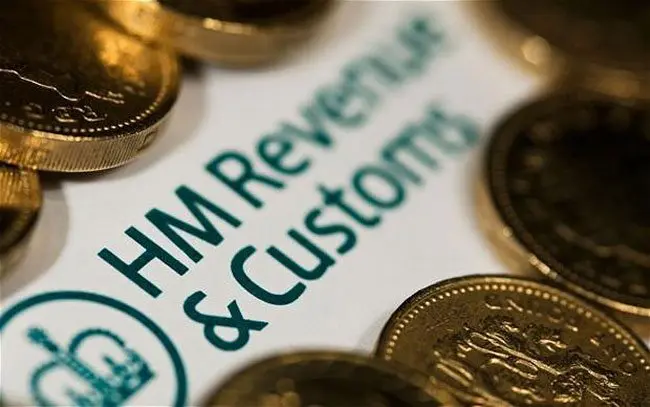reports that finance directors at large businesses have seen a 17 per cent year-on-year rise in actions under the senior accounting officer regime, according to law firm Pinsent Masons.
Revenue and Customs (HMRC) levied 188 fines for failures to maintain appropriate tax accounting arrangements or to disclose any deficiencies identified.
No penalties at all were enforced in the first three years of the regime’s implementation in 2009, but numbers have rapidly risen as political pressure on HMRC has increased.
Finance directors can receive a £5,000 fine if arrangements are not up to scratch.
Jason Collins, partner and head of tax at Pinsent Masons, comments: “The SAO regime signals the new enthusiasm at HMRC for holding individual senior executives to account for any wrongdoing or non-compliance.”
“The number of penalties continues to rise and signals a hard-line approach by the Revenue.”
The agency has come under increasing political pressure to take a tougher line and raise higher revenues, despite also having to contend with falling staff numbers. HMRC’s most recent estimates placed the corporation “tax gap” – the difference between what the authority would expect to receive and actual receipts – at £3.7 billion in total.
HMRC raised an additional £450 million in corporation tax through investigations into small businesses in the last tax year according to accountants UHY Hacker Young.
The proportion of the tax take originating from enforcement from smaller businesses also rose, with HMRC collecting 25 per cent less in total corporation tax from investigations. Tax authorities collected £2.6 billion in extra Corporation Tax last year, down from the £3.5 billion collected the year before.
Investigations into smaller businesses could play a large part in future HMRC plans as well, with the proportion of the tax gap accounted for by smaller businesses rising.
Roy Maugham, tax partner at UHY Hacker Young, said: “HMRC are increasingly targeting small businesses in order to close the corporation tax gap.”
“The costs of a tax investigation can be high and therefore smaller businesses are much more likely to give in to HMRC’s demands than a larger business with substantial resources behind it- making SMEs a much easier target for HMRC to focus on.”


